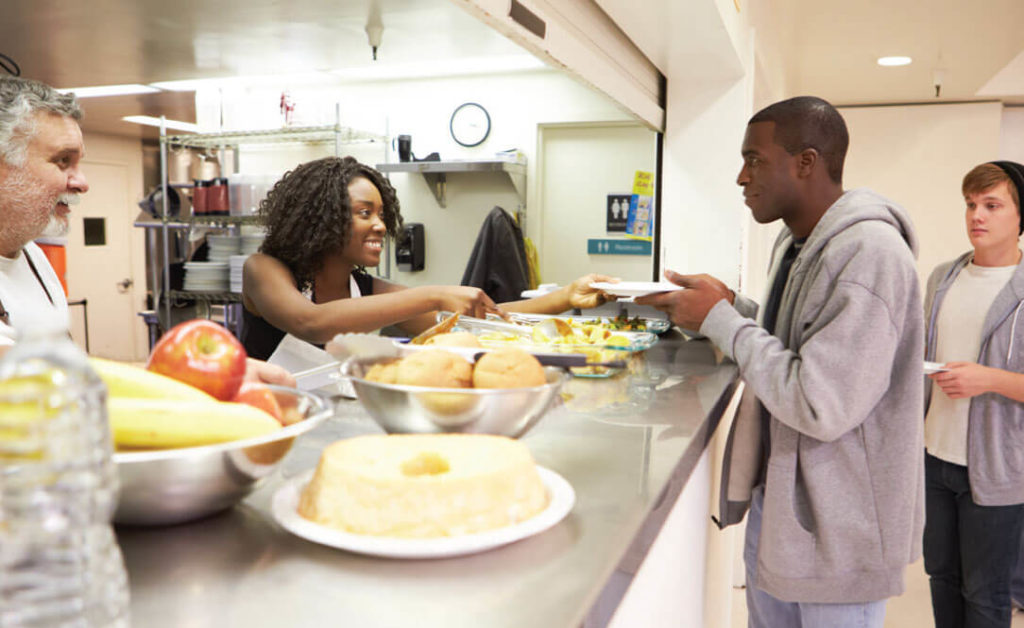On this the 11th Sunday in Ordinary Time, the Church resumes reading Mark’s gospel semi-continuously. Jesus teaches in parables to awaken us to the potential of his word within us. The liturgical year cycles his teachings through our lives, calling us to open our minds and hearts anew to widening circles of others in our lives. Both parables this Sunday promise growth, the first from seed to abundant harvest, the second from seed to a shrub for birds.
The seed that grows while the farmer sleeps is not magic but organic. In the 13.8 billion years of evolution seeds have learned to do this. They sprout, grow stalks, head out, and ripen because the sun warms them, rain waters them, and earth nourishes them. They inherit the power of the first bacteria that learned to fuel life, divide, and reproduce, bacteria that still function in our mitochondrial DNA to convert oxygen to energy.
We live in a long history of God’s love unfolding in our evolving cosmos. Some four billion years ago simple cells appeared; two billion years ago cells with nuclei appeared. A farmer in Jesus’ time and all of us who grow plants today inherit the leap from the ocean to land that early cellular life made. We can ready the field, sow the seed, and sleep until harvest time. We depend on the miracle of life in seeds to grow and become food for us.
We live in a dynamic world in which all that is has the capacity to become more, to self-organize into new wholes. This image of growth calls us to value our own potential for outgrowing present flaws and immaturities. Like the seed our spiritual growth flourishes with our willingness to trust the potential and future within our real selves.
Like seed Jesus’ teachings take root and grow in us. The person of faith realizes our lives of eating, sleeping, working, and playing are more than meets the eye. God is present in our lives in every here and now. God is the dynamic love energy out of which the cosmos evolves.
- What potential for creating wholeness do you find in evolution, our common story?
- What do you appreciate about remembering our evolving history?

Jesus is teaching about the kingdom of God in Sunday’s parables. In our democracy kingdom is an out-of-fashion word. Christians believe God is three persons interrelating in one love, a community not a monarchy.
If one drops the letter g from the word kingdom, one gets a new word kindom, which tells us we are all related in God, a concept literally true when we understand Earth’s evolving story. So, what if we hear Jesus asking, “To what can I compare the kin*dom of God?” Or, “To what can I compare our oneness in God?”
From the beginning Christians form communities, new wholes in which they become more together than they are individually. Like them, we break bread together in order to become bread for others as Jesus teaches.
- When have you become conscious of belonging to the body of Christ?
- In what new emerging wholes or communities are you a part?
In Sunday’s second parable the tiniest of seeds grows into a great bush. In North America we know mustard as a weed that grows three to four feet tall but rarely sturdy enough for birds. Nonetheless the parable makes its point — potential. The person who sees a bush full of birds in a tiny seed is one who lives in the reign of God. Faith sees potential in ourselves and our world.
Perhaps the mustard bush is a comic image in the parable. The cedar in Sunday’s first reading is a more imperial image, sturdiest of trees with lots of room for not only the birds of the air but the nations of the world. The image of a hearty bush suggests community without the trappings of empire, a comic critique of aspirations to political greatness.
The Second Vatican Council made Catholics aware that previously we had thought about our Church as the embodiment of God’s kingdom. But God’s reign is larger than one institution, as much larger as the bush is than the seed. God’s reign is hospitable to all.
Like the seed, the Church is alive and dynamic, an assembly (ecclesia), something like a town meeting of all those who have identified with each other and Christ. As Church, we experience the same problems that human beings contend with in relationships and communities. Change comes slowly. Leaders disappoint. Scandals cause some to sever any connection with Church. Others try to hold the tensions and live authentic Christian lives. The Church grows toward the reign of God but isn’t there yet.
Vatican II reminded us that our baptisms call every Christian to holiness. We have the capacity to love and forgive, to heal and hope. These seeds of community building live within us. Each one of us can act and make change in our Church and world. We can sow new life in cooperation with the Giver of our lives, who works even when we sleep.
The vision of the leaders at the Second Vatican Council suggests that, as the branches of the mustard bush are big enough to offer shelter to the birds of the sky, so the arms of the Church are to be open, offering hope to all. And the Church, of course, is not other than us; it is all of us, already aware of the gift and task of living in the reign of God.
- Make your own parable. The reign of God is like:
- What potential for creating unity and wholeness in the world do you see in the Church? What will you contribute to the work?
